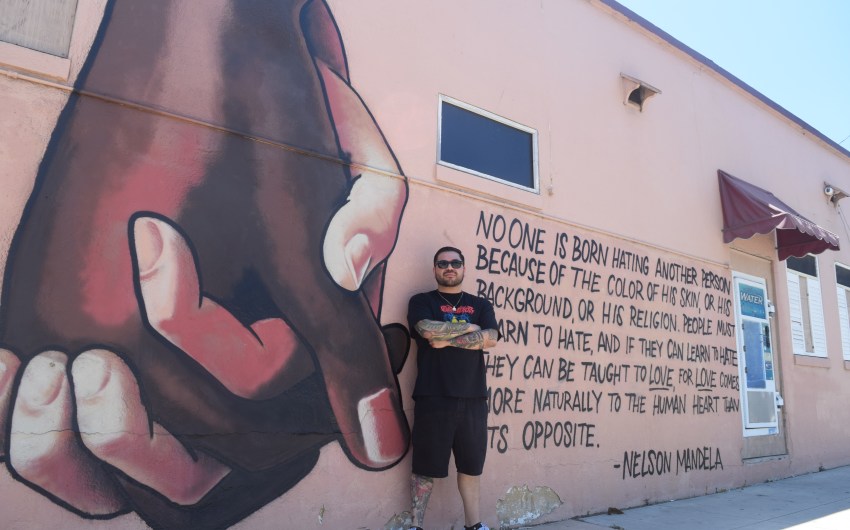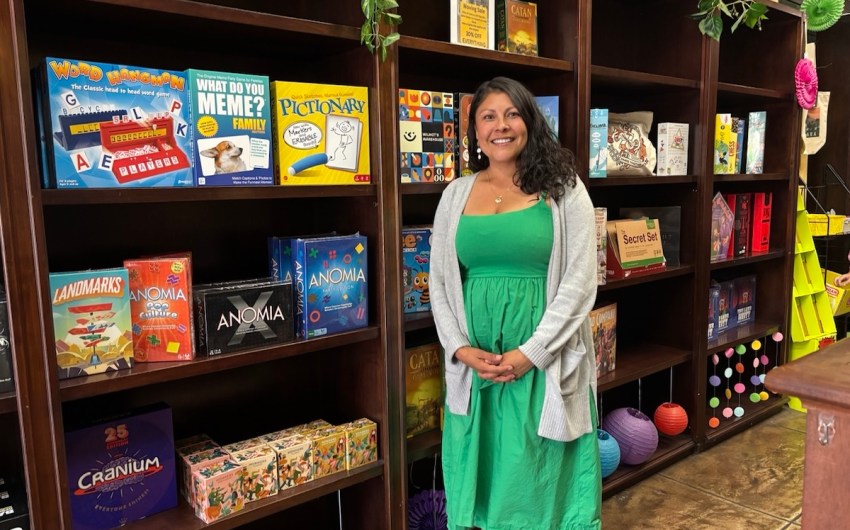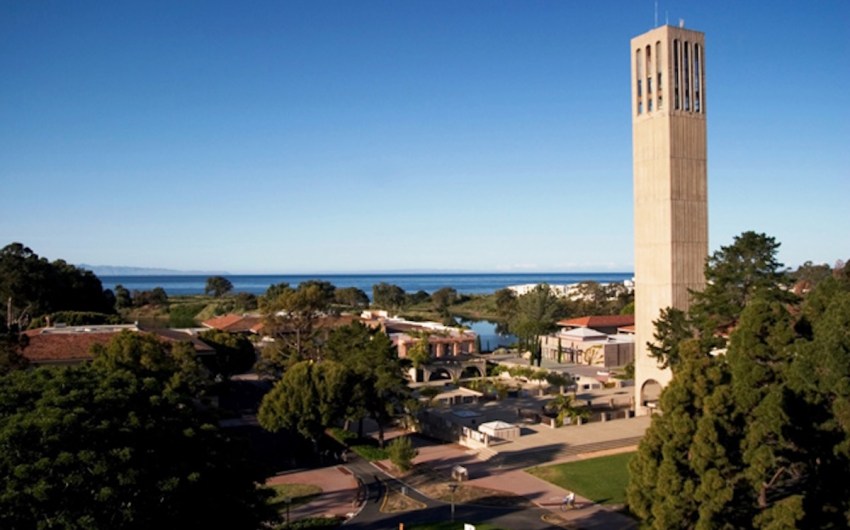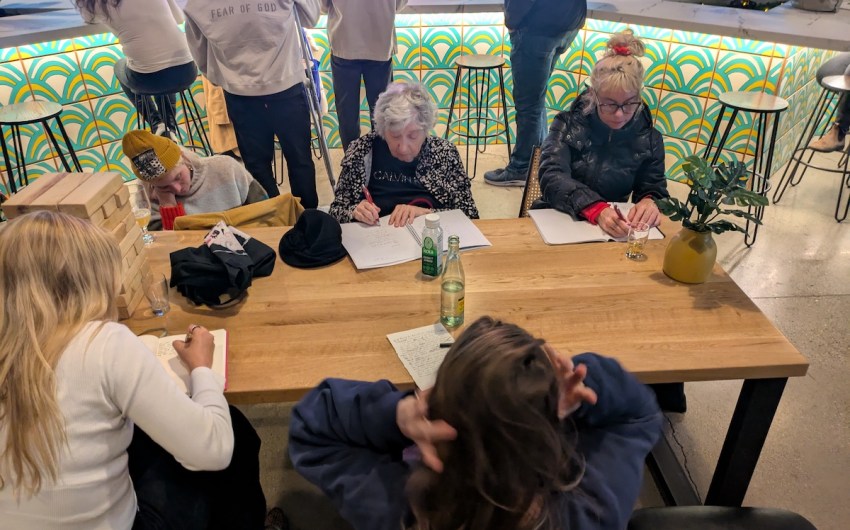Had the pandemic scourge not showed up, the planned 2020 performance by the British Chineke! Orchestra would have valiantly broken a cultural color barrier in Santa Barbara. The intrepid and important British orchestra, dedicated to musicians and composers of Black and underserved origins, was COVID-forced to cancel their American tour, including the CAMA-hosted Santa Barbara stop. The “makeup gig” for the Chineke!, last week at the Granada, was thus all the more moving and reaffirming.
Interestingly, though, the subsequent five-year period has seen a welcome and dramatic upswing of Black classical culture, both generally and locally. CAMA brought the similarly Black and underserved charges of the Detroit-based Sphinx Virtuosi ensemble. Meanwhile, Black composers and musicians have become much more common in programming by the Music Academy of the West, UCSB Arts & Lectures, and also the Santa Barbara Symphony, which only last month featured music by composers William Grant Still and Jessie Montgomery — who has also been a Music Academy artist-in-residence.

Racial and cultural parity remains an issue in the classical world, but conditions are decidedly improving.
Last week’s Granada program deviated from its focus on Black composers, past and present, only once. The too often prevalent dead white male classical contingent was represented, and handsomely, by Haydn’s glorious “Concerto for Trumpet and Orchestra in E-flat,” with its heraldic solo role boldly played by the Nigerian-Scottish trumpeter Aaron Akugbo. He is a masterful British trumpeter, who happens to be Black.
Orchestrally speaking, Chineke! earns its built-in exclamation point with the collective fervor it brings to the music, while never sacrificing nuance and detail, marshalled by conductor Vimbayi Kaziboni. The concert also featured an inspiring local angle, in that Santa Barbara–bred young violin sensation Sofia Malvini, presently studying in San Francisco, was brought in as a suitable sub for an ailing violinist for the California tour leg.
More conservative and mainstream values came to bear on the family crest of the legendary British Coleridge-Taylor turf. Patriarch Samuel Coleridge-Taylor (1875-1912) wrote his only symphony, the “Symphony in A minor,” as a twenty-something student, and his affection for Dvorak and Brahms is evident in the symphony, a persuasively lavish post-romantic opus taking up most of the concert second half. That was preceded, in the first half, by his daughter Avril Coleridge-Taylor’s (1903-1998) alternatively charming and solemn tone poem, “Sussex Landscape.”
These works represented Black orchestral music of a high order by any standards from early eras, but which, ironically, are only getting more stage play in recent years. Fresher excitement at the Granada came in the form of young living Black composers making new inroads in a contemporary pulse.
The concert opened with a piece of very recent vintage and relevance, “Seven O’Clock Shout” by composer and Imani Winds flutist Valerie Coleman. (Coincidentally, it will also open the first orchestra concert of the upcoming Music Academy season on June 28 in this same room).
Coleman’s innately celebratory work pays tribute to the guerilla tactic of people during the COVID lockdown — including in Santa Barbara — of shouting and otherwise expressing solidarity and life-affirmation from their quarantine zones when the clock struck 7 p.m. In Coleman’s musical framework, the mood is stubbornly resilient and resonant with hope, building to percussion-driven intensity and ecstatic shouts of joy from the musicians.
Opening the concert’s second half was, to some of us, the high point of the program, Birmingham, Alabama–born Brian Raphael Nabors’s entrancing “Pulse for Orchestra.” Here, percussion — the “pulse” factor engine — again played a driving force role in a 12-minute structure which also taps jazz and other extra-classical material and weaves through an abstract textural section and culminates in a lyrical, meditative wash of orchestral sound.
Equal opportunity and cultural inclusivity aspects aside, Chineke! made a joyful and sophisticated sound at the Granada, one we should bid a welcome return.
































You must be logged in to post a comment.